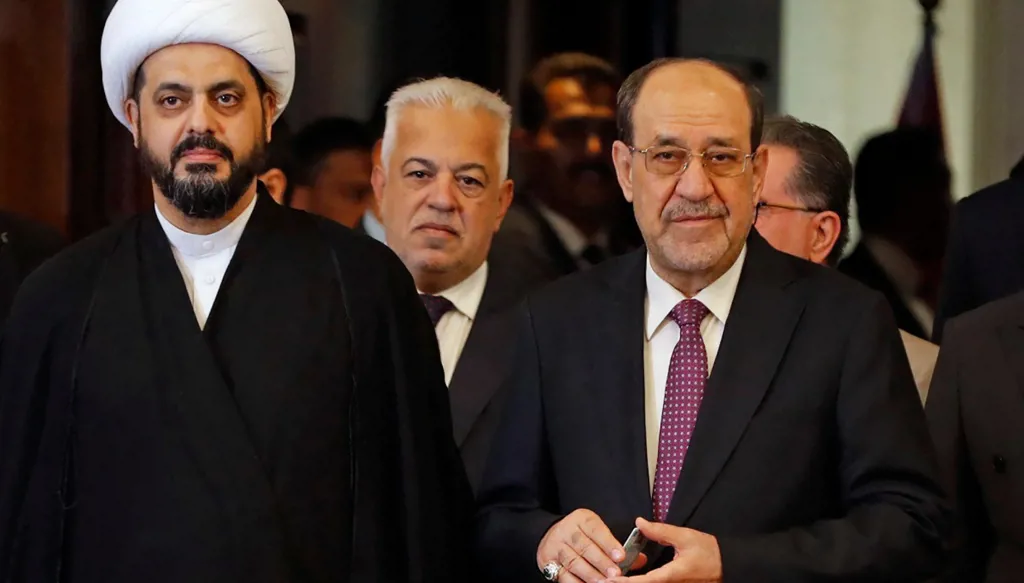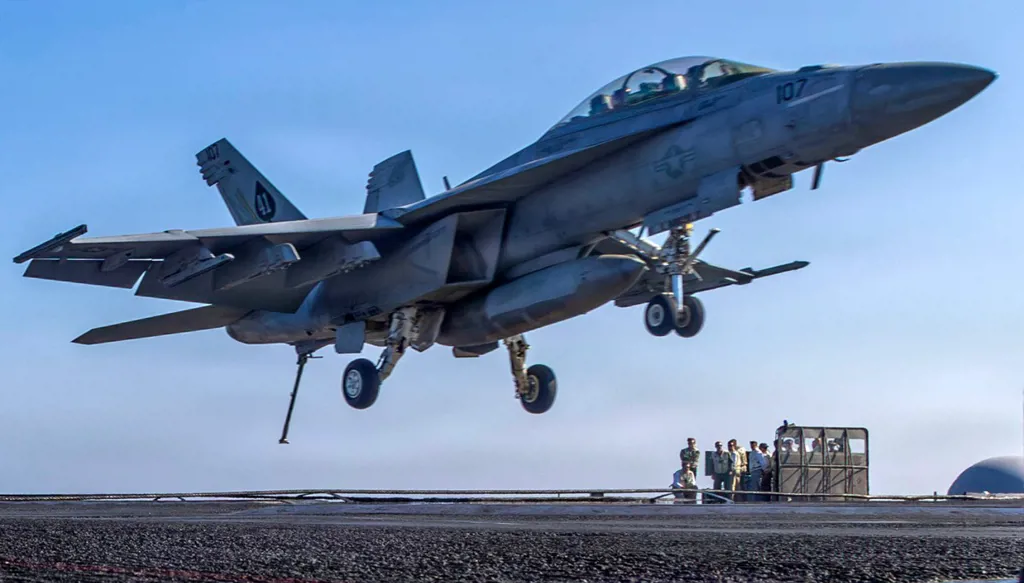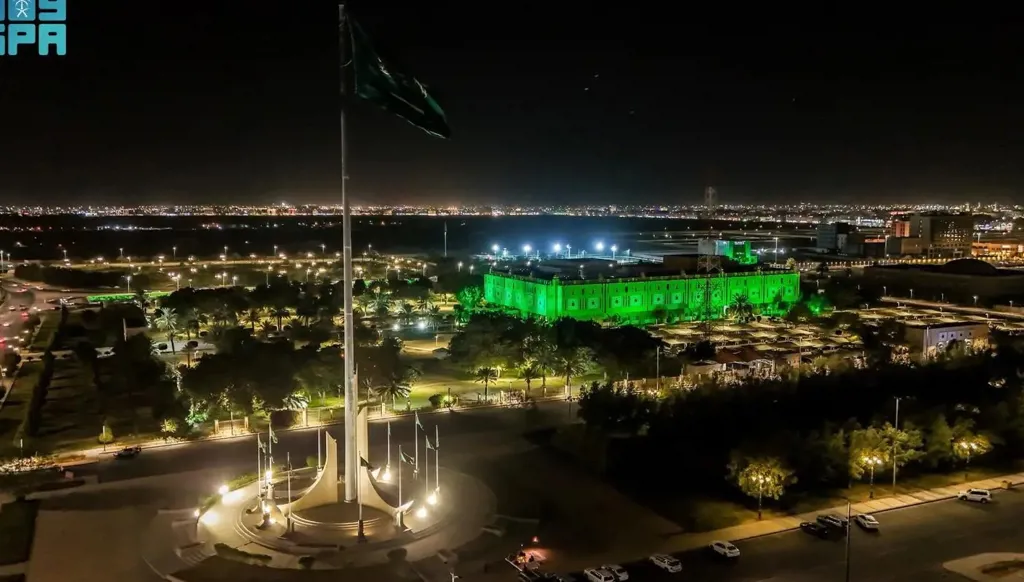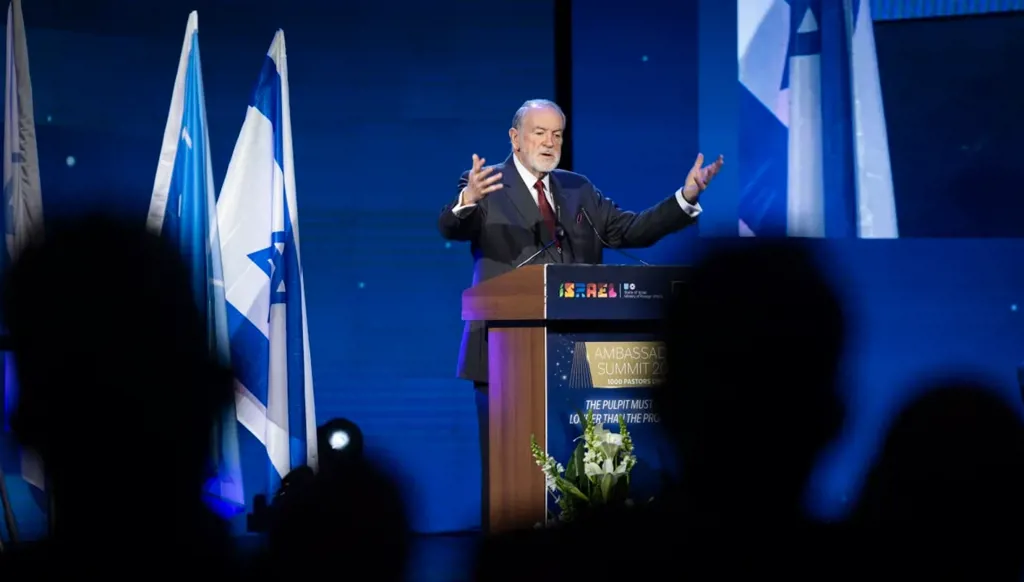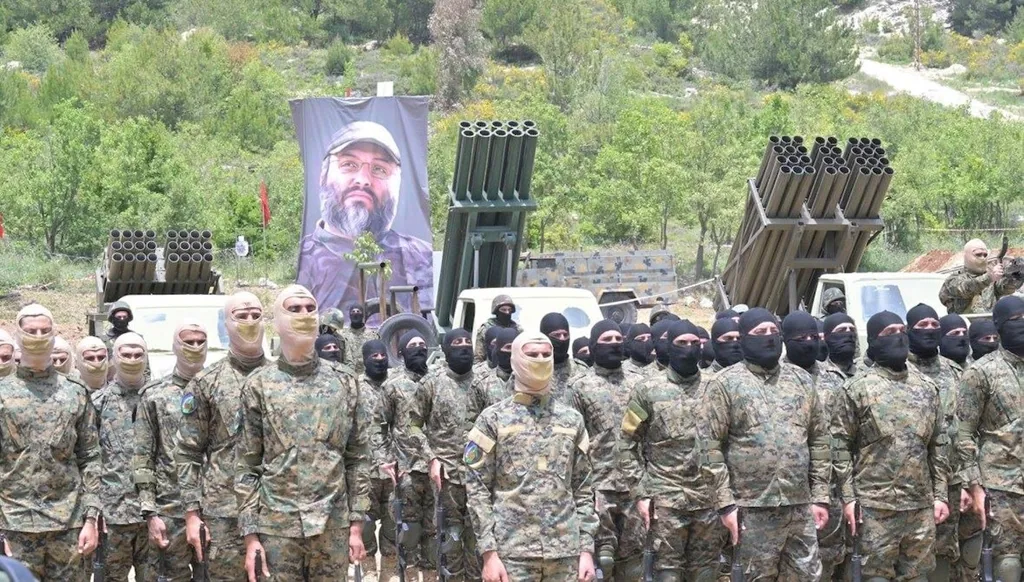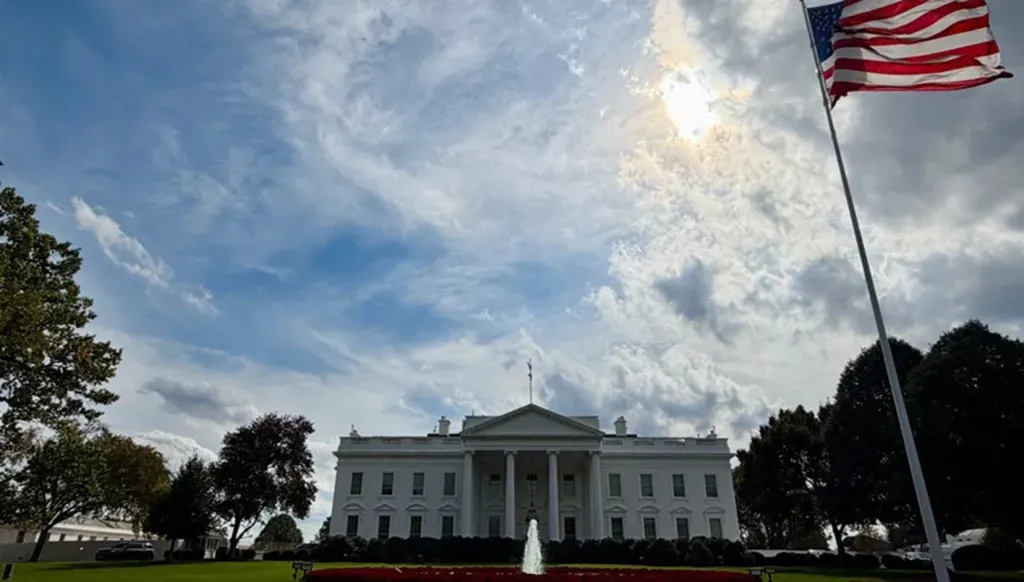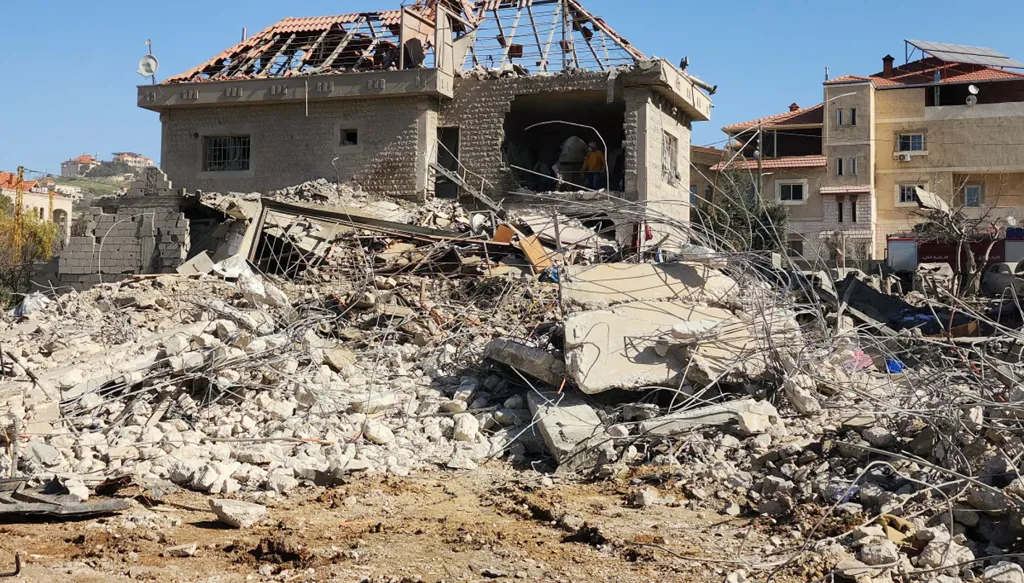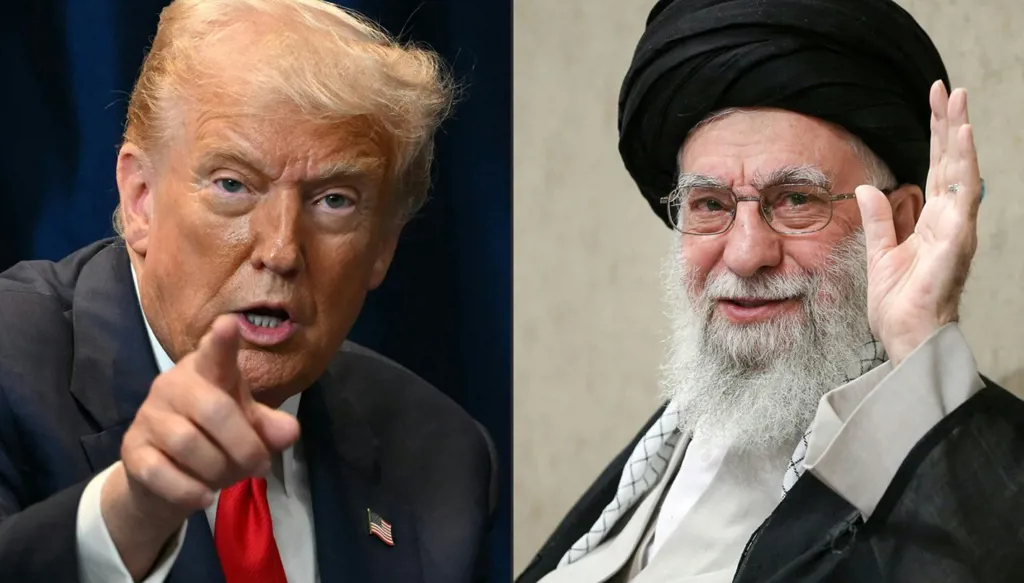قانون الحشد الشّعبي: خطّ أحمر في العلاقات الأميركيّة – العراقيّة

كلاوديا غرويلينغ*
تتجه بغداد نحو التصويت على مسودة قانون السلطة الذي من شأنه أن يشرعن قوات الحشد الشعبي، البالغ عدد مقاتليها 238 ألفاً، كفرع دائم من مؤسسات الدولة العراقية. وسيمنح إقرار التشريع هذه القوات هيكلاً رسمياً وميزانية مخصصة. ويحظى مشروع القانون بدعم رئيس الوزراء محمد شياع السوداني، لكنه يثير قلقاً في واشنطن، حيث يحذر المشرعون الأميركيون من أنه سيرسخ النفوذ الإيراني في النظام السياسي العراقي.
وأوضحت إدارة ترامب موقفها الجلي: إذا جرى دمج الحشد الشعبي رسمياً، فإن واشنطن سترد بعواقب ديبلوماسية. ففي 22 تموز/يوليو، حذر وزير الخارجية ماركو روبيو رئيس الوزراء العراقي من أن التشريع يهدد بترسيخ النفوذ الإيراني داخل الدولة العراقية، وبالتالي تقويض السيادة الوطنية. كما أفادت تقارير بأن الرسالة اللاحقة المرسلة إلى السوداني أكدت أن القانون قد يؤدي إلى فرض عقوبات على قطاع الطاقة في العراق ويغيّر بصورة جذرية العلاقة الأميركية-العراقية.
وجدد السفير ستيفن فاغن، القائم بالأعمال الأميركي في بغداد، هذه المخاوف في شهري يوليو وآب/أغسطس أمام قادة سياسيين عراقيين بارزين، مؤكّداً أن قانون الحشد الشعبي سيقوّي الجماعات المسلحة المصنفة إرهابية ويرسّخ النفوذ الإيراني. ومنذ ذلك الحين، وصف مسؤول في وزارة الخارجية الأميركية المقترح بأنه "غير مفيد للغاية". وبالمثل، يرى محللون في واشنطن أن تقنين الحشد الشعبي في قانون سيجعل من شبه المستحيل حله أو إصلاحه في المستقبل. كما انتقل الجدل إلى الكونغرس، حيث يحظى انتقاد القانون بإجماع واسع بين الحزبين؛ إذ يخشى المشرّعون الأميركيون على اختلاف توجهاتهم من انزلاق العراق بالكامل إلى فلك إيران.
يتعارض القانون الجديد مباشرة مع الموقف الأميركي الثابت تجاه هذه القضية. فبينما قد تكون الولايات المتحدة قد غضّت الطرف عن أنشطة الحشد الشعبي خلال حملة مكافحة تنظيم "داعش" ابتداءً من عام 2014، إلا أنها سعت منذ ذلك الحين إلى الحد من نشاطه داخل القطاع الأمني الرسمي. وتحوّلت علاقة واشنطن بالحشد الشعبي بصورة حادة من التسامح إلى المعارضة بعد الهزيمة الميدانية لـ"داعش" في العراق في 2017، حين فقد الهدف المشترك الذي جمع الطرفين. وعندما ضغطت الولايات المتحدة على بغداد لكبح الحشد الشعبي في 2018، شدّد الأخير قبضته على السلطة بدلاً من ذلك. وكان عام 2020 نقطة الانفصال الحاسمة؛ فعندما قتلت الولايات المتحدة قاسم سليماني وأبا مهدي المهندس في بغداد، ترسخت قناعة واشنطن بأن الحشد الشعبي مجرد وكيل لإيران.
وترى واشنطن أن دمج الحشد الشعبي يشكل تهديداً مباشراً لاستثماراتها في العراق. فقد قدمت الولايات المتحدة نحو 13,8 مليار دولار من التمويل بين عامي 2015 و2023 للقوات الأمنية العراقية؛ وينظر إلى دعم الحشد الشعبي مؤسسياً على نطاق واسع، باعتباره تحدياً مباشراً للأهداف الأمنية للدولة العراقية. كما يفرض التشريع تداعيات كبيرة على القوات الأميركية في العراق. ففي وجود نحو 2500 جندي أميركي منتشرين في مهمة "التدريب والدعم"، قد يثير تقنين الحشد الشعبي مخاوف أمنية على الأفراد الأميركيين، ويعقّد علاقة واشنطن بوزارة الدفاع العراقية.
ولا يمكن فصل الجدل حول قانون الحشد الشعبي عن الصراع الأوسع بين الولايات المتحدة وإيران في عموم الشرق الأوسط. في المناقشات الجارية بشأن احتمال نزع سلاح "حزب الله"، تعكس قناعة إدارة ترامب الجوهرية بأن المؤسسات الرسمية لا يمكن أن تعمل بفاعلية في ظل وجود بنى ميليشياوية راسخة. وفي لحظة تضعف فيها وكلاء إيران نسبياً، يشكل هذا التطور تهديداً كبيراً؛ إذ يمنح طهران موطئ قدم مؤسسياً داخل العراق، فيما يتراجع نفوذها في المنطقة.
وتعتبر واشنطن أن قانون الحشد الشعبي خط أحمر. بالنسبة إلى المسؤولين الأميركيين، فإن إقراره سيجسّد تكريس النفوذ الإيراني داخل الدولة العراقية. ومن وجهة نظرهم، فإن هذه الخطوة ستقوّض سيادة العراق، وتقيّد إمكانات الإصلاح، وتضعف العلاقات الأميركية – العراقية. بالنسبة إلى واشنطن، لا يعدّ قانون الحشد الشعبي مجرد تشريع، بل معركة ضد النفوذ الإيراني.
*باحثة مساعدة في برنامج "منافسة القوى العظمى" التابع لمعهد واشنطن
The PMF Law: A Red Line in U.S.-Iraq Relationsby Claudia Groeling*
Baghdad is moving toward a vote on the draft Authority Law that would formalize the PopularMobilization Forces (PMF) and its 238,000 fighters as a permanent branch of the Iraqi state.Passage of the legislation would grant the force a formal structure and dedicated budget.
Backedby Prime Minister Mohammed Shia al-Sudani, the bill has raised alarms in Washington, whereU.S. lawmakers warn it would entrench Iranian influence in Iraq’s political system.
The Trump administration has made its position clear: if the PMF is formally integrated,Washington will respond with diplomatic consequences. On July 22, Secretary of State MarcoRubio cautioned Prime Minister al-Sudani that the legislation risked institutionalizing Iranianinfluence within the Iraqi state, thereby undermining national sovereignty.
The subsequent lettersent to al-Sudani also reportedly stated that the law could trigger sanctions on Iraq’s energysector and fundamentally alter the U.S.-Iraq relationship.Ambassador Steven Fagin, U.S. chargé d’affaires in Baghdad, reiterated these concerns in Julyand August to senior Iraqi political leaders, when he stated that the PMF Law would strengthenarmed terrorist groups and embed Iranian influence. Since then, a State Department official hascharacterized the proposal as “deeply unhelpful.” Similarly, analysts in Washington argue thatenshrining the PMF in law would make future dissolution or reform virtually impossible. Thedebate has also transitioned into Congress, where criticism of the PMF Law is broadlybipartisan; U.S. lawmakers across the aisle are wary of Iraq shifting fully into Iran’s orbit.The new law directly contradicts Washington’s longstanding position toward the issue. While theU.S. may have initially tolerated PMF activity during the anti-ISIS campaign beginning in 2014,the U.S. has since largely sought to limit PMF activity in the formal security sector.Washington’s relationship with the PMF shifted sharply from tolerance to opposition after theterritorial defeat of ISIS in 2017 in Iraq; the shared purpose that had bound both sides togetherwas lost. When the U.S. pressed Baghdad to rein in the PMF in 2018, the group instead tightenedits grip on power. The year 2020 was the breaking point. When the U.S. killed Qassem Soleimaniand Abu Mahdi al-Muhandis in Baghdad, this cemented Washington’s perception of the PMF asan Iranian proxy.Washington views the integration of the PMF as a direct threat to its investments in Iraq. TheU.S. has provided about $13.8 billion in funding from 2015 to 2023 to Iraqi security forces;institutional support of the PMF is widely viewed as a direct challenge to the security objectivesof the Iraqi state. The legislation also introduces significant implications for U.S. forces in Iraq.With about 2,500 American troops deployed in an “advise-and-assist” mission, the formalizationof the PMF could raise security concerns for U.S. personnel and complicate its relationship withIraq’s Ministry of Defense.The debate over the PMF Authority Law is inseparable from the wider U.S.-Iran rivalry playingout across the Middle East. Ongoing discussions about Hezbollah’s potential disarmament reflectthe Trump administration’s core belief that state institutions cannot function effectively alongsideentrenched militia structures. At a moment when Iran’s proxies are particularly weak, thisdevelopment poses a significant threat: granting Tehran an institutional foothold inside Iraqprecisely when its influence across the region is under pressure.Washington views the PMF Law as a red line. For U.S. officials, its passage would represent theformalization of Iran’s influence within the Iraqi state. In their view, the move would diminishIraqi sovereignty, constrain the possibility of reform, and weaken U.S.-Iraq relations. ForWashington, the PMF Law is not just legislation. It is a battle against Iranian influence
* research assistant in The Washington Institute's Diane and Guilford Glazer Foundation Program on Great Power Competition and the Middle East.




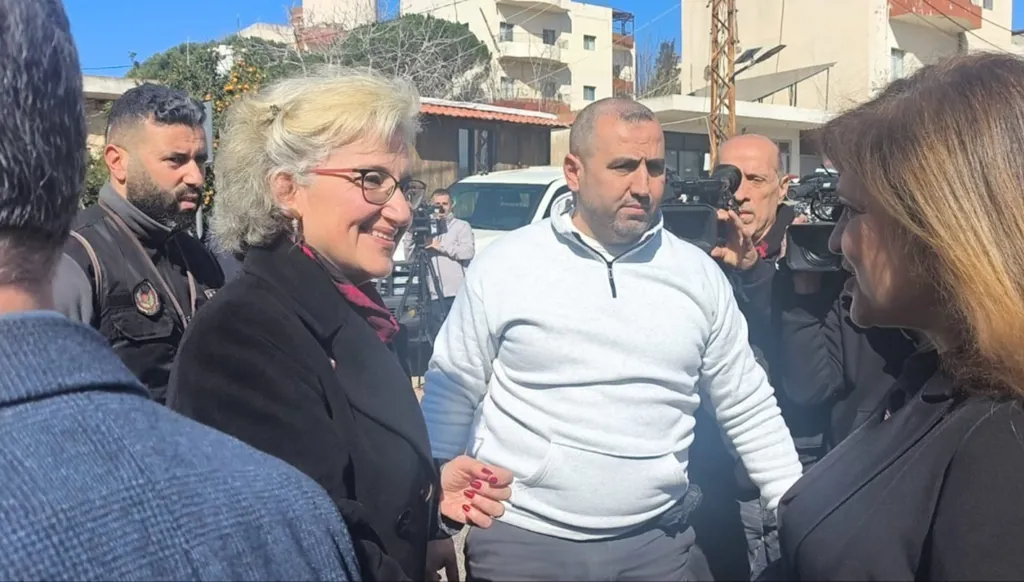
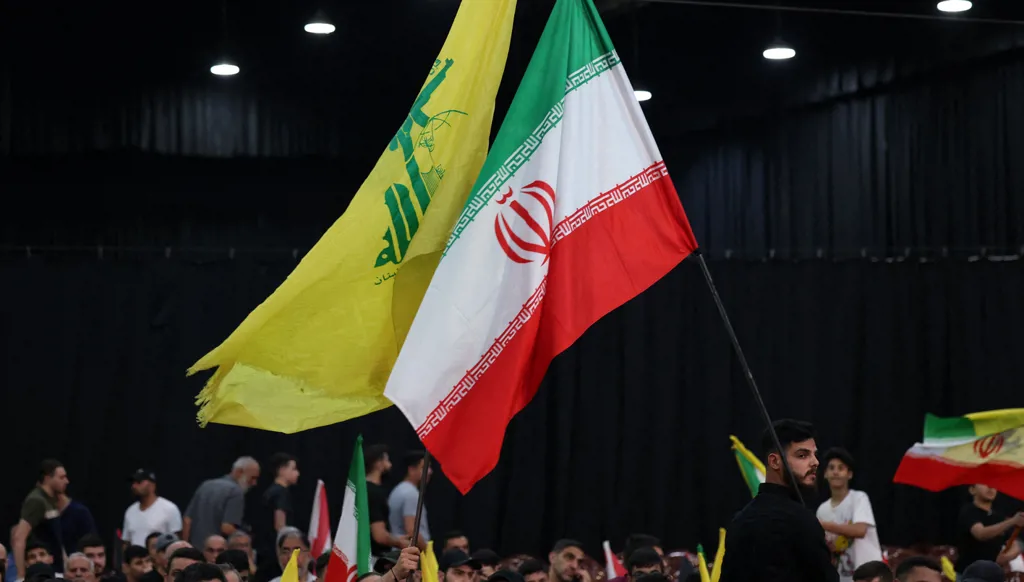
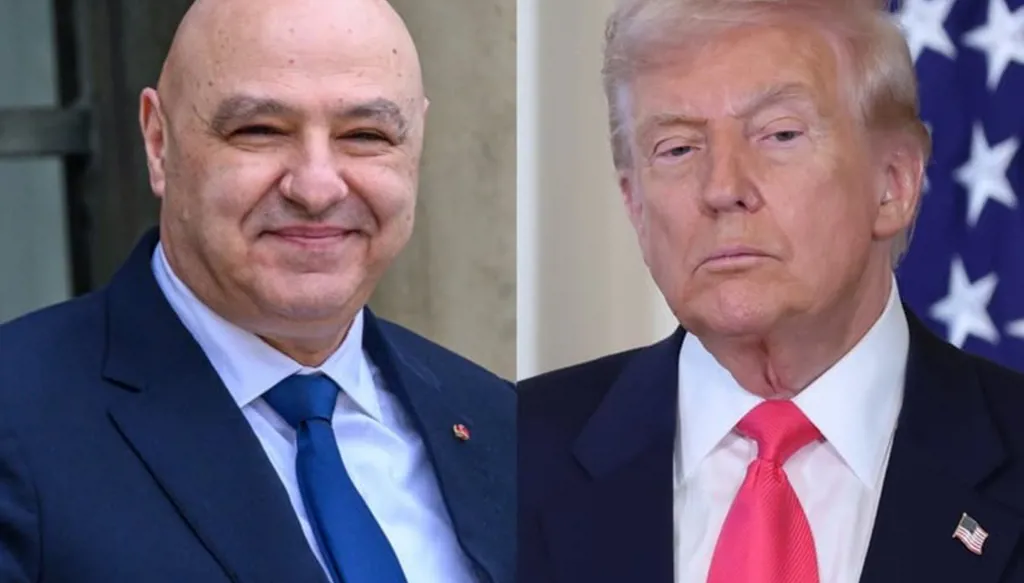





 تویتر
تویتر
 فيسبوك
فيسبوك
 يوتيوب
يوتيوب
 انستغرام
انستغرام
 نبض
نبض
 ثريدز
ثريدز



 مسنجر
مسنجر
 واتساب
واتساب
 بريد إلكتروني
بريد إلكتروني
 الطباعة
الطباعة


